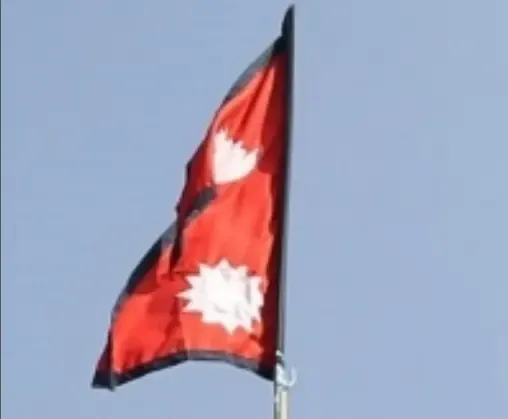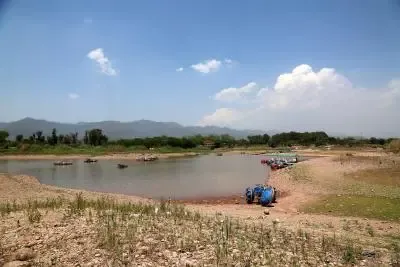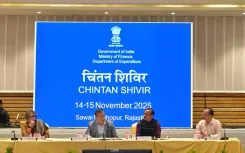Why has Nepal's insurance regulator decided to freeze assets of terror groups?

Synopsis
Key Takeaways
- Insurers must freeze assets of designated terrorists.
- Compliance with TFS is mandatory to avoid penalties.
- Regular updates from the UN sanctions list are essential.
- Failure to act on sanctions can lead to license revocation.
- Targeted financial sanctions aim to undermine terrorism financing.
Kathmandu, Nov 16 (NationPress) Nepal's insurance regulatory body has mandated that insurance providers freeze assets associated with entities and individuals linked to terrorism and refuse them insurance services. This action is part of the nation’s efforts to be removed from the Financial Action Task Force (FATF) grey list.
The FATF has pointed out that Nepal's shortcomings in establishing targeted financial sanctions (TFS) against terrorist organizations and individuals are contributing factors to its current status on this list.
Nepal was officially placed on the FATF grey list in February, and this designation was prolonged in October of the current year.
According to the FATF, jurisdictions on the grey list are actively collaborating with the organization to rectify strategic shortcomings in their systems designed to combat money laundering, terrorist financing, and proliferation financing.
It should be noted that the FATF does not advocate for heightened due diligence measures for these jurisdictions.
The FATF guidelines do not promote de-risking or the exclusion of entire customer classes within grey-listed jurisdictions, but rather encourage a risk-based approach.
By releasing the Guidelines on Targeted Financial Sanctions for Insurers, 2025 last week, the Insurance Authority—overseer of Nepal's insurance sector—has directed insurers to freeze assets belonging to individuals and organizations recognized as terrorists by the United Nations Security Council (UNSC) and deny them any insurance services.
Entities such as Lashkar-e-Taiba (LeT), Jaish-e-Mohammed (JeM), and Harakat-ul-Jihad Islami (HuJI), all implicated in terrorist activities in India, are included in the UNSC's terrorist designation.
The regulator stipulates that asset freezing entails a prohibition on the issuance, transfer, conversion, settlement of claims, provision of insurance services, or movement of any funds or assets owned or controlled by a designated person.
Insurance providers must also ensure that they do not offer any insurance policies, funds, or services.
"This means that insurers are prohibited from providing funds to or rendering financial or other services to any designated person," stated the Insurance Authority.
"Freezing measures can include suspending access to insurance services, blocking transactions, halting ownership or nominee transfers, and forbidding the onboarding or provision of any form of insurance service to a designated person."
The primary goal of targeted financial sanctions is to prevent designated individuals from undermining international peace and security, supporting terrorism, or financing the spread of weapons of mass destruction, according to the insurance regulator.
The regulator further emphasized that insurers must stay informed about changes in TFS restrictions published by the UN and the Domestic Terrorist List.
"It is the responsibility of insurers to ensure that relevant controls and procedures are maintained to implement TFS restrictions effectively," the insurance regulator stated.
Insurers should subscribe to the UN list to receive automated notifications from sc-sanctionslists@un.org, which will assist them in obtaining updated information regarding the listing and delisting of individuals, groups, or entities.
Moreover, insurers should register for automated notifications or register on the TFS portal operated by Nepal's Ministry of Home Affairs.
Insurers are required to perform ongoing and daily checks—ideally through automated systems—against relevant databases to identify potential matches with names on the sanctions list.
Upon confirming a match, all assets belonging to such individuals or organizations must be frozen immediately.
Failure to meet TFS obligations can lead to consequences for insurers, which may range from warnings to the revocation of their license.
According to the regulator, financial sanctions for insurers can amount to between NPR 1 million and NPR 50 million.
Previously, Nepal's central bank—Nepal Rastra Bank—and the stock market regulator—Securities Board, Nepal—issued separate Guidelines on Targeted Financial Sanctions, directing institutions to consistently update information on individuals, groups, or organizations sanctioned by the UN and the Ministry of Home Affairs and to cease any transactions with them.









